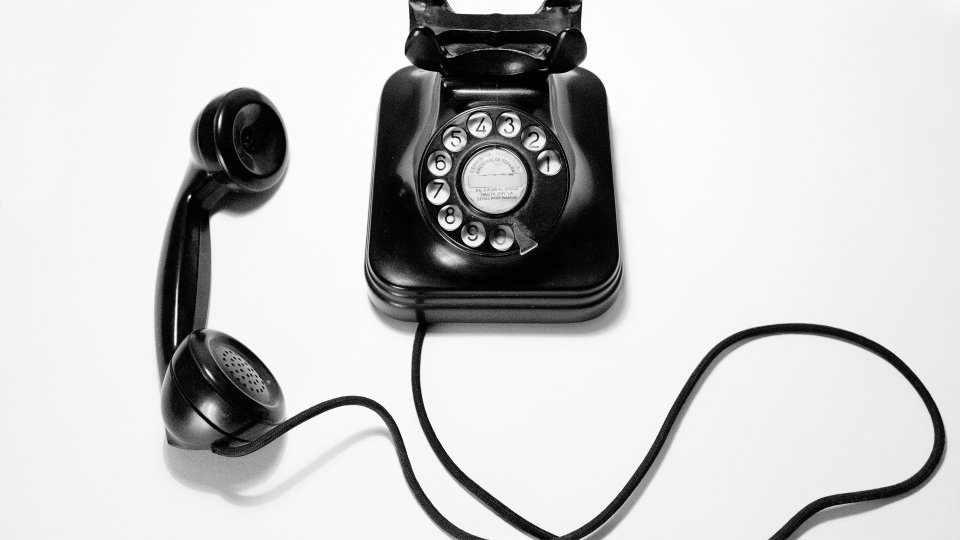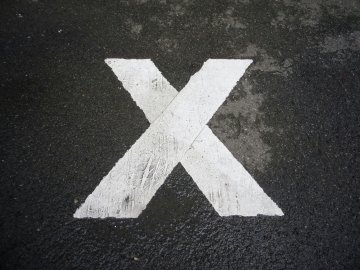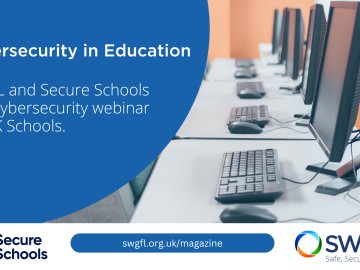As lockdown restrictions have started to ease, summer holidays commence and we start to cautiously dip our toes into a phased return to office life, it seems timely to share an update from our helplines about what they have experienced throughout the lockdown period
Professionals Online Safety Helpline (POSH):
During the extended period of time when schools were closed, POSH saw a drop in cases and a change in the nature of calls. Practitioners went from receiving calls predominantly about online reputational issues to requests for advice in relation to remote learning almost overnight. 35% of all cases were regarding safeguarding/ privacy questions about specific video conferencing platforms including Zoom and Microsoft Teams. Cases continued to be mostly from teachers but POSH did see a rise in callers from other professions (e.g. local authorities, early years’ staff, charitable organisations). Of course, case numbers soon ramped up again once schools reopened on the 1st June and the most common issue reported returned to the pre-lockdown topic of online reputation. The service continues to operate a phone service on call back in order to help practitioners maintain healthy work/ life boundaries.
Revenge Porn (RP) Helpline:
Each month during lockdown, the helpline saw increasing numbers of cases. Even now, the numbers just keep rising. The number of cases the helpline dealt with doubled in April. Over lockdown, the helpline saw more than an 80% rise in cases based on the same period in 2019. All of this in combination with awareness raising through recent media, indicates that sadly lockdown has led to increasing amounts of Intimate Image Abuse. There has also been a spike in cases about sextortion over the last few months. The helpline currently operates an email only service and given the criminal nature of content, practitioners are not proactively searching for/ reporting content when working from home. Despite all this, the helpline continues to maintain a high success rate of over 90% for removal of images.
Report Harmful Content (RHC):
Currently in its first official year of public operation (in pilot testing at this time last year) RHC have continued receiving reports through the website as normal over the last few months. Practitioners have seen a 190% rise in cases during lockdown based on the same period in 2019. An explanation for this, aside from the service now being publically available in the UK, is partly due to a rise in reports. We’ve been receiving reports regarding online abuse/ harassment/ impersonation as part of a wider pattern of domestic violence over the last few months. There has also been an increase in reports about text based child sexual abuse (CSA) content on independently owned sites which fall outside the remit of our service. Depending on the context, this could be illegal and, because of its potential link to grooming and child sex offences, should be reported to CEOP. A reminder too that CSA imagery is illegal and should be reported to the Internet Watch Foundation. RHC continues to maintain a high success rate of over 90% for actioning content.
If you have a concern/ issue about something that has happened online but are not sure who to contact please use the Helplines Flowchart to help establish the best service to contact.






